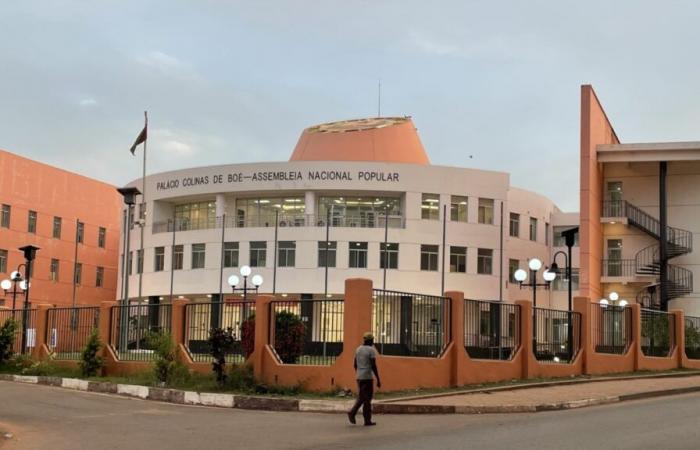“Technically we are unable to run the program. The time available no longer allows us to do this due to numerous logistical and financial difficulties.“, declared the minister after an audience with President Umaro Sissoco Embalo. Mr. Embalo himself announced the date of November 24 after dissolving Parliament, yet another illustration of the chronic instability which characterizes this small country Portuguese-speaking people from West Africa The uncertainty over the parliamentary elections adds to that over the presidential election.
Mr Embalo dissolved Parliament in December 2023 three days after armed clashes which he presented as a coup attempt. A coalition formed around the historic African Party for the Independence of Guinea and Cape Verde (PAIGC), an old adversary of President Embalo, had held an absolute majority in Parliament since the legislative elections of June 2023, forcing the president into a tense cohabitation.
The holding of the legislative elections on November 24 faces various obstacles: their financing, the fact that the presidencies of the electoral commission and the Supreme Court have expired and the animosity between the head of state and the president of the PAIGC . Guinea-Bissau, one of the poorest countries in the world and considered one of the most plagued by corruption, has gone from putsch to armed or political force since its independence from Portugal.
Since the 2014 presidential election, the country has embarked on the path of a return to constitutional order, which has not protected it from turbulence. They persisted after the election of Mr. Embalo as president in December 2019 for a five-year term. The end of his mandate and the date of the next presidential election are subject to controversy.






